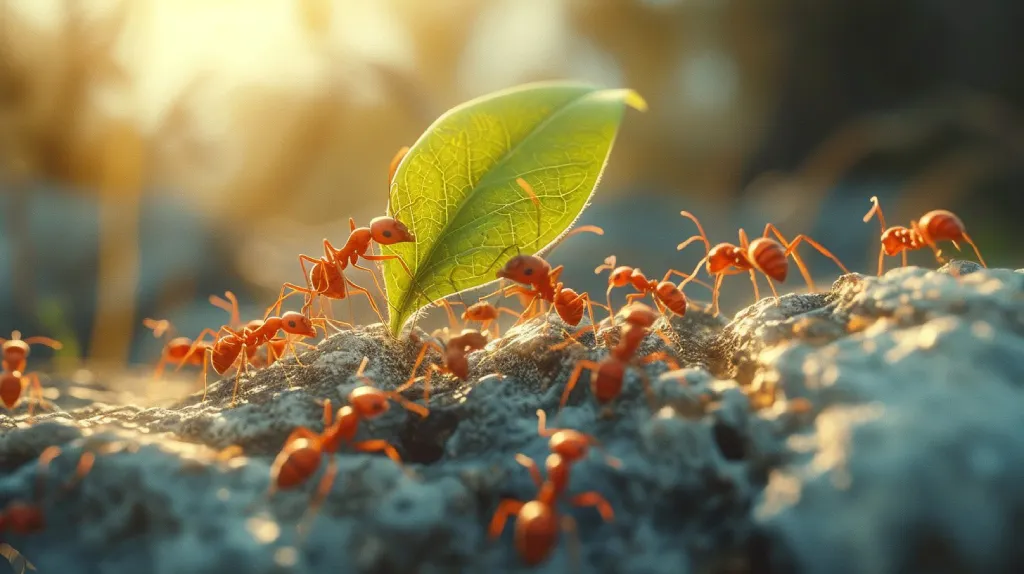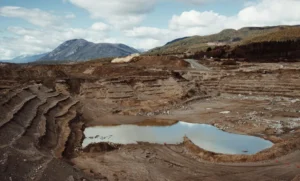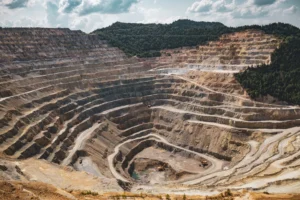
Ever wonder how do ants help the environment. These small bugs are very important to nature. They are not just workers but little skilled builders and designers of our environment.
Ants play an important role in the environment. They are key component to the health of our ecosystems. What do ants do for the environment is a lot that no one talks about.
Role of ants or purpose of ants is something that keeps our environment healthy and balanced.
There are around 100 trillion ants on Earth, whereas the number of human beings on Earth is merely 8 billion. Such a figure tells so much about the influence that ants’ colonies have over the environment.
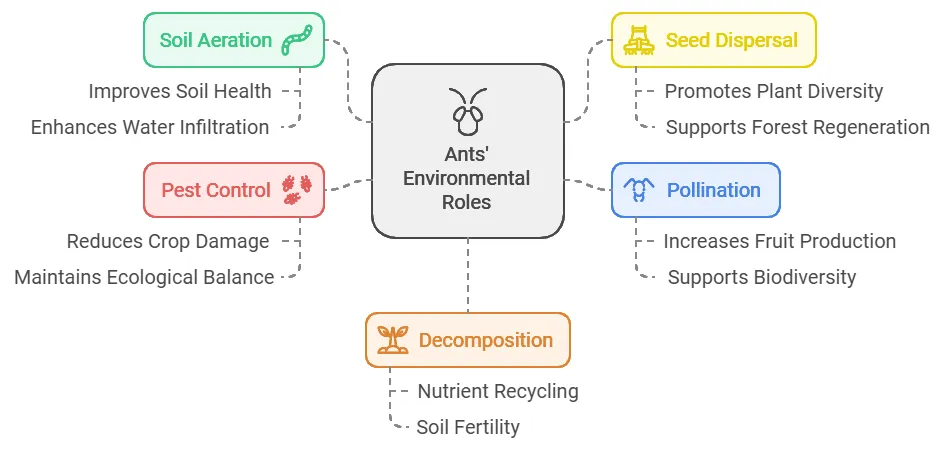
What do Ants do for the Environment
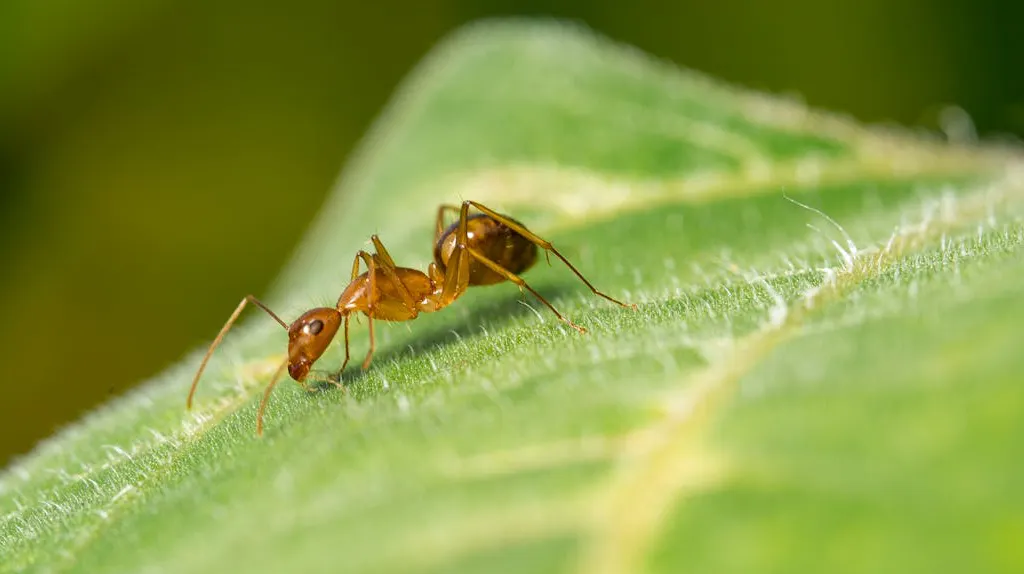
The little creature is an environment defender and a worker. Such an ecosystem is maintained in equilibrium by the ants due to aerating soil, seed dispersal, pollination, pest control, and decomposition.
Such activities enhance soil health, plant diversity, nutrient cycling, and ecological stability; therefore, they must be present to have a healthy natural world.
Ecological Role of Ants
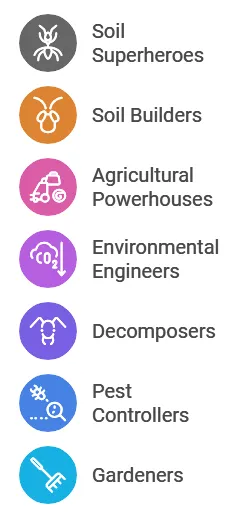
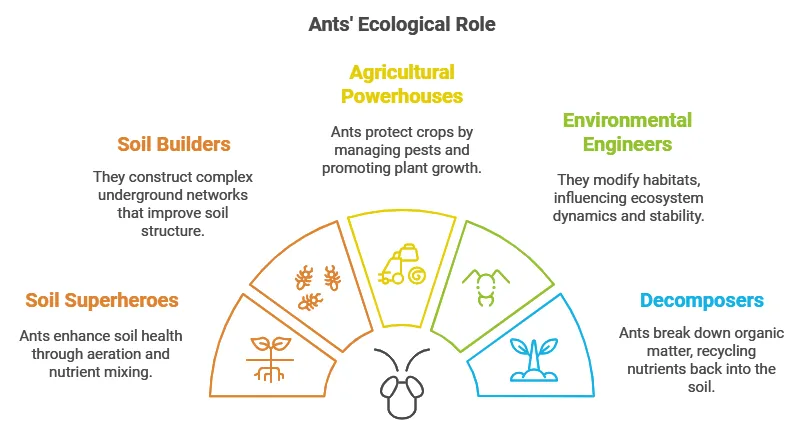
Ants are important in maintaining ecosystem balance. They disperse seeds, clean up the forest, and help regulate pests. Their intricate social behaviors, including colony protection and communication, further enhance their ecological significance.
Overall, what do ants do for the environment is so important since they do a lot of things that keep our environment running and healthy. Ants help in keeping our biodiversity in check.
Ants are soil superheroes
Soil health will also benefit much from the role of ants. Soil fertility level can be improved by up to 30% when it aerates and disperses organic matter.
Ants aeration: With their digging of tunnels in the soil, ants allow water and air to circulate, making plants breathe better and thrive. By replenishing organic matter into the soil, they also increase the fertility level of the soil.
Ants are soil builders
Ants benefit the environment by keeping the quality of the soil. They prevent the soil erosion and help it become a cozy habitat for worms, bacteria, and other useful soil-dwelling microorganisms.
Their underground tunneling will give a very strong, stable soil structure, as if reinforced concrete for the foundation of our planet.
Do you know that an ant colony alone can transfer up to 40 tons of soil a year.
Ants are agricultural powerhouses
A lot of agriculture around the world uses ants as a pest controller. It has been proved in studies that ants have controlled crop damage by eating about 40% of bad bugs.
This means a farmer can use ants instead of chemical pesticides to manage their crops.
Ants are environmental engineers

The ways in which ants change the environment through creating a complicated network of underground tunnels, cultivating a fungus garden, and shaping the chemical makeup of soil.
Plants growth and landscaping are greatly impacted by what do ants do for the environment and it also significantly enhances the overall ecosystem health and biodiversity.
Ants are decomposers
The decomposition role by ants breaks down dead organisms and contributes to soil health. Through consumption and disbursement of organic matter, decomposition gets accelerated and soil fertility improves thus assisting the plant growth process and healthy ecosystem maintenance.
Ants are pest controllers
Ants are natural pest controllers, helping to regulate insect populations and maintain healthy ecosystems. They hunt and kill other insects, consume dead material, and raid nests, preventing the spread of pests and contributing to environmental balance.
Ants are both hunters and hunted too. They regulate insect populations through hunting other insects and contribute to the health of the food provided for birds, mammals, and other animals.
Ants are gardeners
Ants have been applied in the dispersion of plants through seed dispersal in new places to reproduce plants and ensure the survival of plant species.
They support the reproduction of plants through myrmecochory. They also help pollinate flowers especially in the absence of bees, contributing to plant diversity and ecosystem health.
The Bottom Line
Protecting ant populations is important for biodiversity and ecosystem health. Their habitat preservation and eco-friendly practices would ensure their continued existence in roles such as seed dispersal, pollination, and pest control to maintain a healthy environment.
We need to sustain this delicate balance of life since it supports precious biodiversity.
FAQ's
How do ants help the environment?
Ants help the environment by performing vital functions such as seed dispersal, pollination, pest control, and decomposition.
Can we live without ants?
No, we cannot live without ants. They play crucial roles in ecosystems, which are essential for human well-being and the health of our planet.
What is the purpose of ants
The purpose of ants is to serve as essential components of ecosystems, contributing to their health and balance through their roles in seed dispersal, pollination, pest control, and decomposition.
Do ants serve any good purpose?
Yes, ants serve many beneficial purposes. They are essential components of ecosystems, helping to maintain balance and promote biodiversity.
